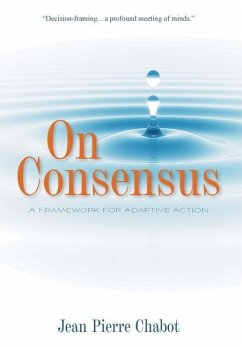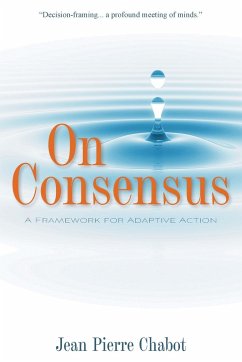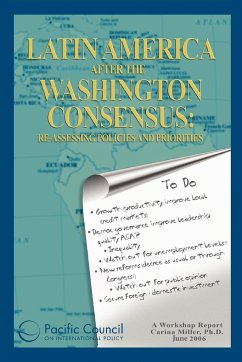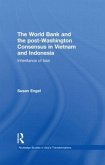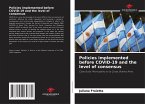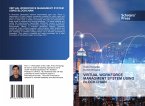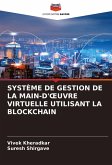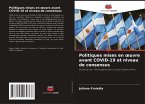On Consensus: A Framework for Adaptive Action is a tool in the toolbox of anyone looking to improve decision-making processes in general and to build consensus in particular. The book provides not only a step-by-step approach to building consensus but it also provides a framework for thinking about how to think about consensus. All institutions are built and sustained through some sort of consensus. The degree to which the consensus that underwrites institutions is conscious determines the future viability of collective choices and actions. Democracy is in need of better tools and thinking on consensus. The book provides a leverage for those involved in high stakes decision-making, especially where there is a convergence of governance, development and stewardship. It explores what is required to arrive at a conscious consensus and to build a path towards more adaptive action. Decision-framing... a profound meeting of minds.
Hinweis: Dieser Artikel kann nur an eine deutsche Lieferadresse ausgeliefert werden.
Hinweis: Dieser Artikel kann nur an eine deutsche Lieferadresse ausgeliefert werden.

